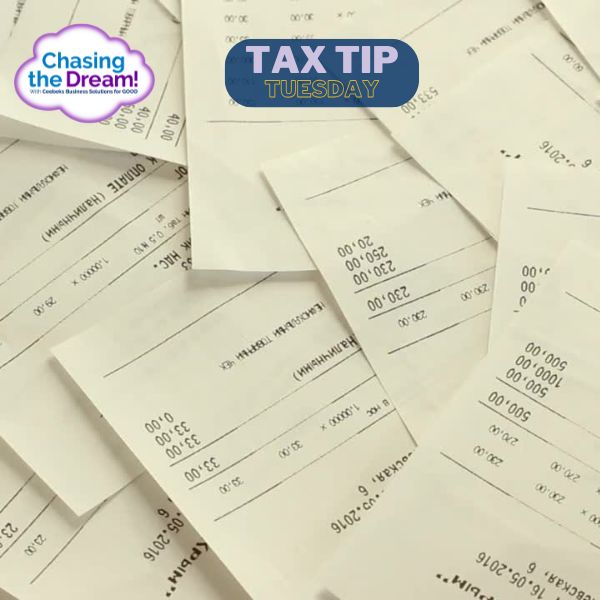On 21 July 2020, the Government announced that the JobKeeper Payment (‘JKP’) would be extended until 28 March 2021 (i.e., for a further six months beyond its original end date of 27 September 2020). As a result, JKPs would now be made over two separate extension periods, being:
- Extension period 1 – which covers the seven new JobKeeper fortnights that commence on 28 September 2020 and end on 3 January 2021; and
- Extension period 2 – which covers the six new JobKeeper fortnights that commence on 4 January 2021 and end on 28 March 2021.
From 28 September 2020, the revised JKP scheme (referred to as ‘JobKeeper 2.0’) would be less generous (i.e., being subject to a new dual payment rate system) and would require businesses and not-for-profits to apply a new ‘Decline in Turnover Test’ based on their actual GST turnover (as opposed to their projected GST turnover). This was covered in previous NTAA correspondence to our members in the document entitled “JobKeeper 2.0 + More”.
Furthermore, on 7 August 2020, the Government announced adjustments to JobKeeper 2.0 to expand the eligibility criteria for JKP (now referred to as ‘JobKeeper 3.0’), primarily in the wake of the tougher COVID-19 restrictions recently imposed in Victoria. The adjustments contained within JobKeeper 3.0 will apply nationwide, and the crucial amendments include the following:
- Adjustments to employee eligibility – From 3 August 2020, the relevant date of employment (which is used to determine an employee’s eligibility to JKPs) will move from 1 March 2020 to 1 July 2020. This is designed to increase employee eligibility for both the existing JKP scheme, as well as for the new extension periods from 28 September 2020.
Casual employees will still be required to have been employed on a regular and systematic basis for a minimum of 12 months (as is required under the existing JKP scheme).
- Adjustments to the ‘Decline in Turnover Test’ – To qualify for the JKP in the extension periods, businesses will now only have to demonstrate that their actual GST turnovers have significantly decreased in the previous quarter under JobKeeper 3.0.
For these purposes, the applicable rate of decline in turnover required to qualify for JobKeeper 3.0 is determined in accordance with the existing rules (i.e., 50% for entities with an aggregated turnover of more than $1 billion, 30% for entities with an aggregated turnover of $1 billion or less and 15% for ACNC-registered charities).
Specifically, to be eligible for the JKP Extension Period 1 (i.e., from 28 September 2020 to 3 January 2021), businesses only need to demonstrate a significant decline in turnover in the September 2020 quarter (whereas under the previously announced JobKeeper 2.0, they would have been required to show that they had suffered a significant decline in turnover in both the June and September 2020 quarters).
To be eligible for the JKP Extension Period 2 (i.e., from 4 January 2021 to 28 March 2021) businesses only need to demonstrate a significant decline in turnover in the December 2020 quarter (whereas under the previously announced JobKeeper 2.0, they would have been required to show that they had suffered a significant decline in turnover in each of the June, September and December 2020 quarters).
Importantly, the dual payment rate system originally proposed in JobKeeper 2.0 will remain, with the full rate of payment decreasing from $1,500 to $1,200 per fortnight from 28 September 2020 and then to $1,000 per fortnight from 4 January 2021. The proposed reduced rates (being $750 from 28 September 2020 and $650 from 4 January 2021) will also remain for employees and business participants who worked fewer than 20 hours per week in the relevant period.
For more details, please refer to the Treasury fact sheet here: Extension of the JobKeeper Payment (7 August 2020)

